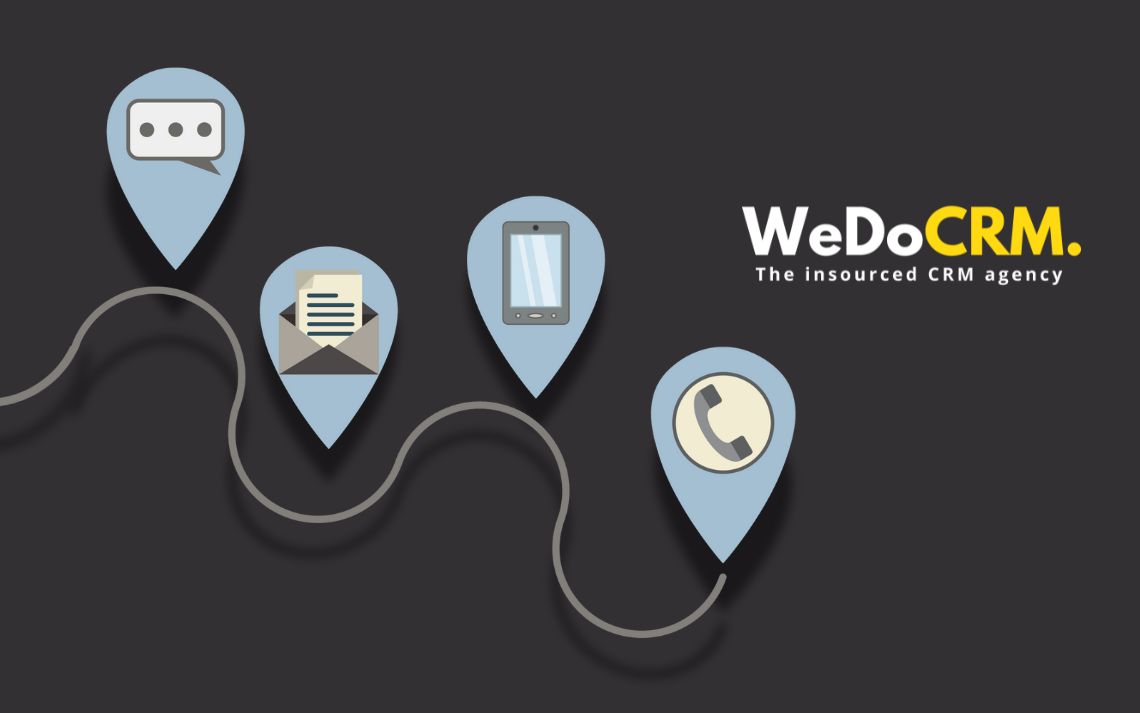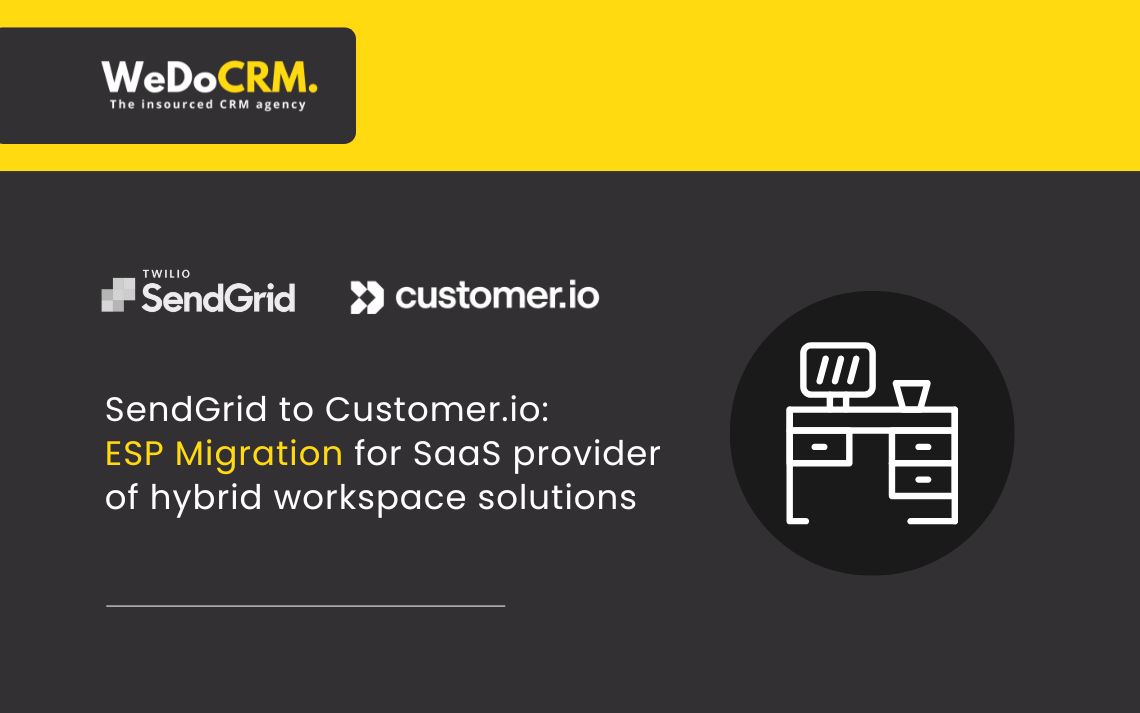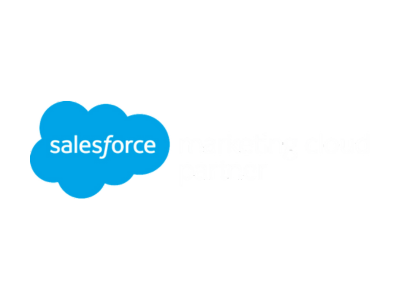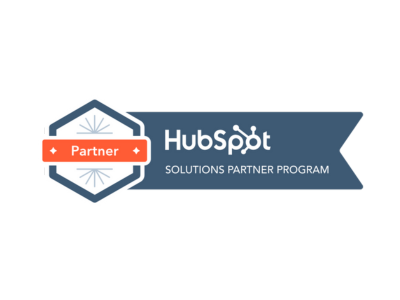The CRM industry has experienced incredible growth recently, and it’s no wonder it’s expected to get $80 billion in revenue by 2025! As a CRM agency, we have seen how CRM platforms have become the heart of every business looking to grow.
A CRM platform gives a 360 view of customers, tracking their every move from the first “Hi!” to “Goodbye” (hopefully not a permanent farewell – after all, customer retention is key, but we’ll dive into that topic another day!) To ensure your CRM shines at its brightest and delivers a truly personalised experience, it needs to integrate with other systems.
What is CRM Integration?
What does CRM integration mean? At its core, CRM integration links your CRM with all the other tools your business uses, ensuring everyone is on the same page. With everything connecting, data can flow between platforms so everyone knows what’s happening. With all the apps integrated – every customer interaction, from sales details to how they reacted to a marketing campaign, is in one place.
For small businesses, integration might be as simple as linking your CRM to your website or starting with tools like email, scheduling and social media integrations. For larger enterprises, it’s all about levelling up with more advanced systems like an ERP, data analytics and project management to handle the bigger workload and automate processes.
CRM integration examples
Integrating other systems depends on your business size, complexity, and tech savviness. No matter your situation, enhancing your CRM with additional systems comes with plenty of benefits and ultimately creates a stronger bond with your customers.
Data integration is popular and is the heart of what all CRMs were designed to do! Smaller businesses often find their CRMs can compile data and do the heavy lifting on their own, while larger enterprises may need to call in a more technical/sophisticated approach such as an API strategy to help different systems communicate. So, how can you integrate other systems with a CRM? We’ve listed three popular ways to make those connections…
Direct or (Native as we call it) Integrations: Many CRMs come with built-in integrations to partner tools. This means all you need to do is link your CRM with the other tool, and you’re good to go! Just set up the integration, and you can start using all the features right away.
Integration Platforms: There are plenty of integration platforms but we actually recommend Zapier, which we have used for several of our clients, and it is great for connecting a whole bunch of apps to your CRM. It can automate business processes all without requiring any coding skills. Whether it’s sending team notifications to tracking leads, Zapier does the job.
Application Programming Interfaces (APIs): APIs are like toolkits for developers. (Our Technical CRM Guru John is the king of APIs!) If you have a technical team or enjoy tinkering, this option opens up even more possibilities for customising your integrations!
WeDoCRM Recommends: If you’re just getting started with CRM integrations, it is best to explore direct integrations first.
Why CRM Integration Matters
So does CRM integration even matter? The short answer is yes, it makes your life so much easier! Instead of juggling multiple platforms such as one for email marketing, another for customer support, and a third for sales – CRM integration consolidates everything into a single, unified system. Essentially, any tool your business utilises to manage customer relationships or streamline operations can potentially be connected, and one of the great features of many CRM systems is that coding isn’t always needed.
CRM integration is not just a technical upgrade, it transforms your business. As mentioned above, linking an ERP system with your CRM ensures that the sales, admin, and accounting teams have the same access to the customer and financial data. This makes information constantly updated and shared across departments, allowing teams to work wonderfully, harmoniously and (all the other lovey-dovey words you can think of). A little integration can make teamwork so much more enjoyable!
Some of the benefits of CRM Integration
In addition to giving you a 360 view of your customers and enabling personalised interactions, there are so many other great perks to integrating apps! One of our favourites is a built-in helpdesk feature, which works seamlessly with support systems that have ticketing software. This makes it super easy for customer service teams to track and manage cases, resolving issues more quickly and efficiently. Plus, with multi-channel support – connecting email or chat etc your support agents have a unified view of every customer interaction. This means they can access relevant details instantly, solve problems faster, and keep customers happy!
WeDoCRM’s Recommendation: If you’re managing a growing customer base, tools like Zendesk or Freshdesk can complement your CRM by providing advanced support systems for ticketing and multi-channel communication. Also, HubSpot CRM and ServiceNow excel at integrating social media, email, phone, and live chat channels, allowing support teams to respond quickly.
Unlocking the Full Potential with WeDoCRM
Our approach is all about more than just building and connecting systems; we focus on the processes that keep everything running smoothly throughout your business. By prioritising these processes, we create a cohesive environment where all systems can work together seamlessly, boosting productivity and collaboration across the board. If you’re interested in learning more or contact us today.



